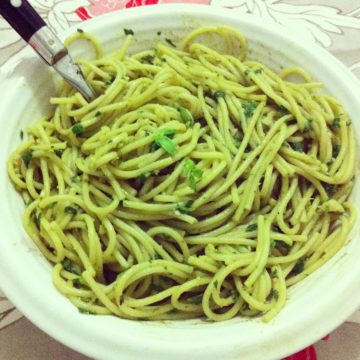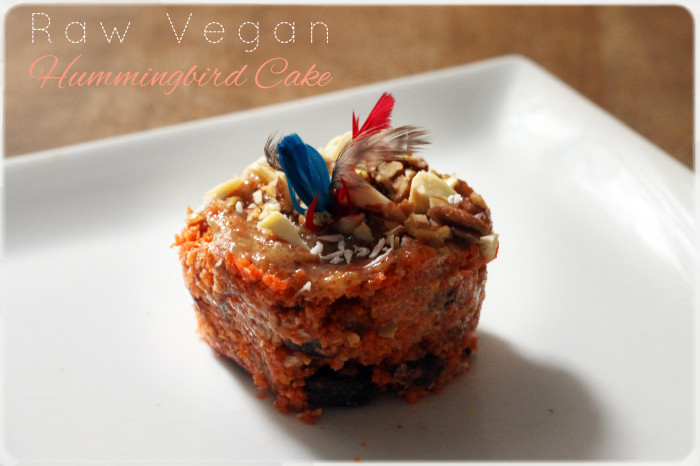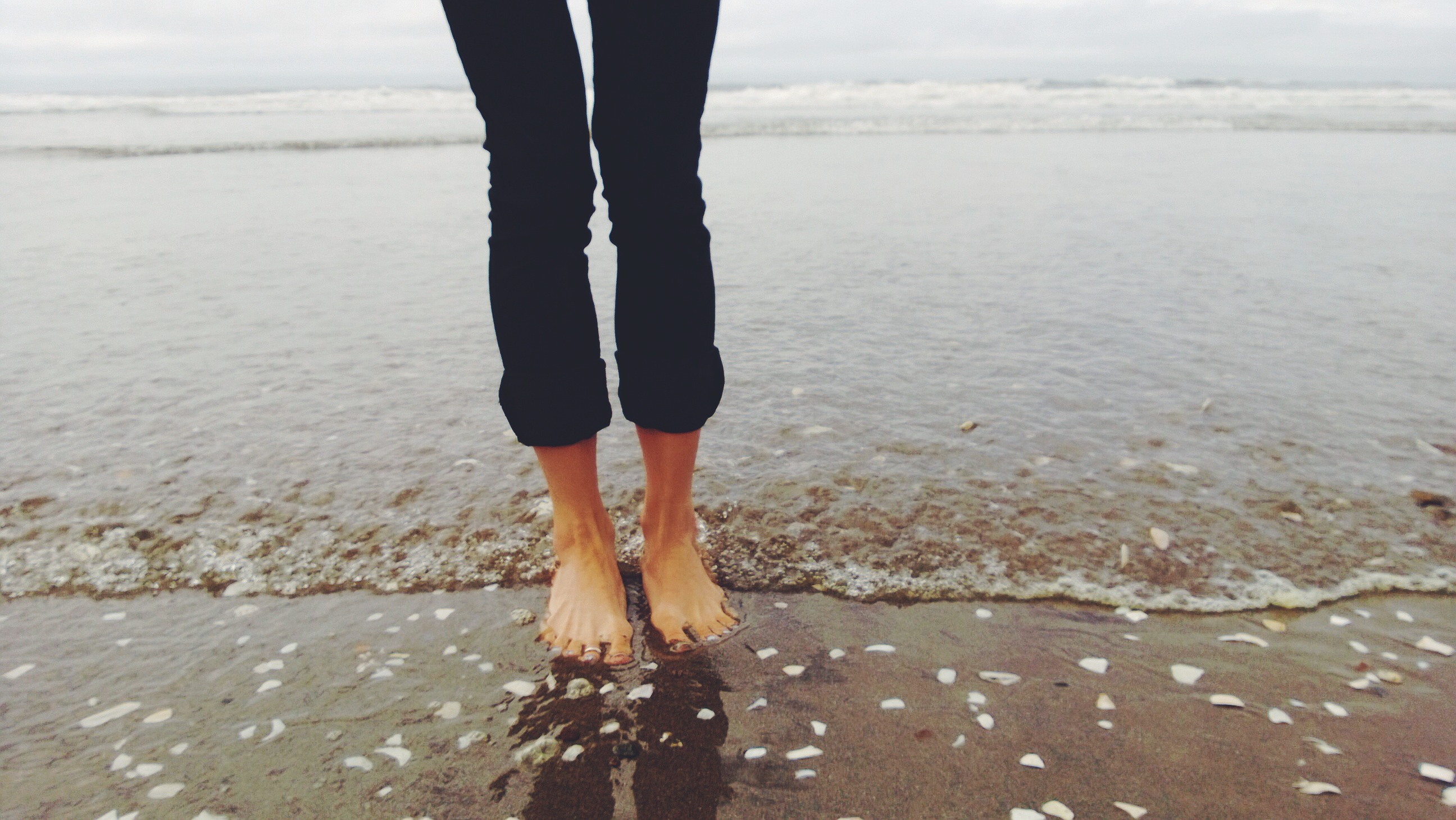Recently I wrote an article about how I followed my passion for writing, editing, and veganism, and turned it into Peaceful Dumpling. I was so overwhelmed by the positive response from readers, many of whom wrote to say they could relate to it and felt inspired by my story. I’m really grateful to be where I am (no, where we are, because PD is the labor of love of each of our writers, editors, and my talented co-founder David). So I want to share how I went from zero digital media experience (albeit with background in publishing and entrepreneurship) to making my living by writing and editing our own site, in just 7 months. I hope this helps many of you who are considering a career in blogging, writing, or digital media.
1. Find your niche.
What’s your passion? What can you imagine talking about constantly, everyday, for years? This can be as narrow as recipes inspired by The Game of Thrones, or pictures of tree houses, so long as you feel inspired by the topic…almost to the point of obsession. Or, you can cast your net a little wider: for PD, I wanted to talk not only about vegan food, but cruelty-free and natural beauty, holistic health, wellness, fitness, and other things that would appeal to healthy lifestyle fans.
2. Don’t go it alone.
If I have to give just one advice, it is to not be a lone wolf. What can take years as a single blogger can take a fraction of the time, if you share the load with others. Look for a co-founder among your friends, ideally someone who has a unique set of skills that complements yours. Ask friends to guest-blog or contribute–our very first editor, after me, was Jennifer, my colleague and friend in real life. On the other hand, if you don’t have a lot of blogging or social media experience, I highly recommend that you begin by writing for other established sites. This is a great way to build your writing portfolio, gain credibility, and develop your own following–all of which can lead to paid writing, whether it’s for your own site, or as a staff writer/editor.
3. Choose the right blogging platform.
If you decide to build your own site, brace yourself: This means you will have to make strategic decisions, in addition to the more creative ones with which you’re likely more familiar. Choosing the right blogging platform sounds so basic, but this is so crucial it merits its own bullet point. Why? If you start building a following on a platform that can’t sustain enterprise-level functionalities, you’re going to run into a huge roadblock later down the road–and may be forced to abandon ship. Tumblr is fine if you plan on a mostly photo-driven blog, that is connected to a static website elsewhere. You can gain followers quickly here, but it’s not ideal for media companies or text-driven sites. WordPress is the best choice for sites that plan to have lots of writing as well as photos, because it is highly customizable.
4. Develop your brand identity.
Define what your site represents and who its readers are. Come up with a name, logo, and aesthetic that all resonate with that brand identity. Create a word cloud of your brand ethos–not what it “does,” but what it “believes in.” For instance, for PD, the word cloud includes “peaceful, inspired, healthy, fresh, natural, lovely, radiant, mindful,” but not “vegan recipes, vegan fitness.” This goes for the site name, too: when I came up with the name of this site, I didn’t want it to be so literal, ie “BestVeganWebsite.com.” Rather, I wanted it to capture the ethos (compassionate, stylish vegan lifestyle content) in a memorable way. Defining your readership is also crucial: you need to know who they are in order to know what they’re interested in, and to anticipate their desires.
5. Be Search Engine Optimized.
Even though social is gaining on SEO in terms of traffic importance, you still can’t ignore organic traffic through search. Your developer should have created a site map that Google uses to “crawl” your site. Make sure you create SEO friendly headlines (not too long, contains likely search words), meta-tag and alt text every article and image.
6. Deliver top-quality content consistently.
Needless to say, this is the bread and vegan butter of blogging. Readers come to your site because of your content–that’s everything you write, and all the pictures you post. 2 things are the most important here: Give them what they want to read, as opposed to what you feel like writing (Pay attention to your Analytics data). Secondly, be consistent–write often, and regularly.
7. Connect with your readers via Social Media.
Be active on Twitter, Pinterest, Facebook, Instagram, or whatever other platform you feel comfortable using. Amazingly, there is no way to lose here except to not do anything at all. The more you do it, the more traction you will see. Here is an excellent article by Mary: 5 Ways to Build an Authentic Social Media Presence.
8. Take great photos.
So much of web traffic/following is dependent on taking great photos. Nowadays, there are so many great photo apps and reasonably-priced digital cameras, that make amateur photographers take very professional-looking photos. Investing in the right equipment (camera, lens, pretty plates and dish clothes, etc) can make a huge difference. Here, note the difference between my earliest attempt and my more recent one. Try to take food photos in subdued day light, when it looks the best. Use smaller plates (they photograph better). And rest your camera on a tripod or a table (or your knee)–whatever it takes to get it stable!
9. Be personal.
There are countless bloggers out there. Stand out, not by trying to outdo any of them at who they are, but by trying to be most you as possible. You are not “Skinny Bitch,” Alicia Silverstone, or The Man Repeller, so why should you try to be that? There’s nothing worth so much as your authenticity. Let your personality, sense of humor, quirks, and style come out! Be approachable and friendly. Note: if anyone reaches out to me personally (as in, not a spam), I always, always write back.
10. Ask yourself- how are you going to make money?
At the beginning, blogging should be a side project. You can expect to work hard at your day job and come home to burn the midnight oil! That’s the sacred life of writers–even most published authors have other day jobs, so don’t feel bad! But eventually, blogging can be turned into a source of income, even your main gig. There is more than one way to do this. 1) Build your writing portfolio (through your own blog and others) and gain enough experience, and you might become a paid contributor or staff writer at a big site. 2) If you have enough of your own following, you may get advertising and sponsorship income. 3) Blogging can be a way to increase your exposure and build your brand for your main project. For instance, you can use your substantial fashion blog as a launchpad for your new fashion line. If your blog becomes really popular, it might get picked up as a book. These are general ideas, and things may change in the process, but having a sense of direction helps you keep focus in the meantime.
I think everyone should be encouraged to pursue their dreams. If your dream is to be a blogger, go ahead and be one! Don’t listen to anyone who doesn’t believe in you–you need only to listen to yourself.
Also see: 10 Traits of Successful Momtrepreneurs
The Best Writing Tip I Ever Received
__
Photo: Peaceful Dumpling







